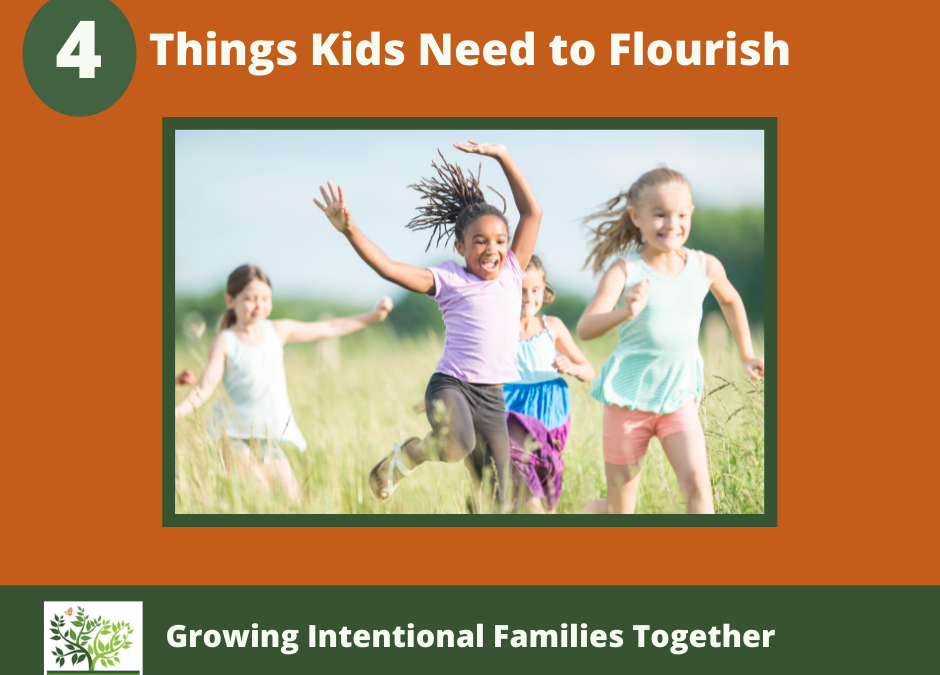
Bananas, Cacti, and Kids–What do they have in common? Stay with me and I will explain. The old maxim that “April showers bring May flowers” helps us appreciate that certain ingredients must be present so a plant can flourish: water, air, sunlight, etc., AND that these needs vary by species. A cactus cannot survive in the same environment as a banana. No matter how much the gardener might want to put it into a selected spot, if that location does not suit the cactus, not only will it be unable to thrive, it may not even survive. The cactus can never become a banana. It cannot adapt itself adequately to a mismatched site. The location must be modified or the plant will wilt. It might even die.
Similarly, our children have essential needs that must be met. Beyond food, clothing, and shelter from the elements, they also have physical, emotional, and psychiatric needs as well as aptitudes, talents, preferences, and patterns. These last things may not necessarily match up with the adoptive family’s patterns, preferences, and traditions. Just as the cactus cannot will itself to live “as if” it were a banana, our kids cannot transform who they are biologically programmed to be. It is impossible. They may differ from their parents’ “fantasy child as much as the cactus and banana differ from each other. Regardless of how much we dreamed of a child who would fulfill our fantasies, to be happy and healthy, our children can only be their awesome, beautiful, genuine selves.
Expectations versus reality
Parents must surrender the dream-child and embrace and love the child before them as themselves–without expecting them to contort to fit our fantasies. Relinquish the hope that we can somehow massage their “square peg-ness” to fit into our pre-prepared round hole.
In the past, parents were told that when they adopted a child they arrived as a blank slate ready for the adoptive parents to design them into being. The naivete of this assumption wrought havoc on adoptees. When they suppressed their own inclinations, talents, and interests to fulfill their parents’ fantasies and expectations, adoptees lived in a straitjacket of sorts. As the illustration shows, they could be “bananas” only on the outside. On the inside, they struggled to survive.
Nowadays most adoptive parents know better. We accept that it is in the best interests of our children to recognize that they have their own DNA-defined blueprints that govern what they need to mature into the best version of themselves. We understand it is unkind, unfair, and unhealthy to lock our children into being facsimiles of our fantasies. We love the differences they bring to the family. We stretch ourselves to adapt our expectations and create a “garden” that suits them, where they feel “at home” and can flourish under the umbrella of our love and attention. We make space for and encourage their need to talk and know about their roots, their birth families, and their complete histories. We acknowledge that all of us–parents and children–have “ghosts” that live within us. We do not deny, discourage or disparage this reality; we work with it. (Read more about the Ghost Kingdom in this blog from our archives.)
When parents remain inflexible and force kids to be someone whom they are not, they are deny reality and damage their children. Some believe it is actually abusive. Intentional, Adoption Attuned parents know this and choose their children over their fantasies.
To recap our kids’ needs,
- Food, clothing, and shelter
- Unconditional love and attention
- Recognition of who their DNA has prepared them to be
- Encouragement and “permission” to become their genuine selves
Speaking of the welfare of children, April is National Child Abuse Prevention Month.
To learn more about what you can do, check out this guide from ChildWelfare.gov. Be an advocate for children. Vulnerable children cannot extricate themselves from difficult and dangerous situations. They cannot access the assistance and support that a struggling family may need so they can safely stay together. All some families need is a bit of timely and pertinent help. Others may need significant interventions. In extreme cases, sadly, some children may need to be temporarily or permanently removed. Follow the mantra, “If you see something, say something.”
As parents, we care about our children. Let’s expand our focus so that we also notice and care about vulnerable children outside of our own families.
Please post your thoughts on our website or on our Facebook page and let’s share a conversation.
__________________________
- Call us at 1-800-653-9445
- Listen to our podcasts: Adoption Matters: Real People. Real Life. Real Talk and Essentials of Adoption Attuned Parenting
- Watch our YouTube channel
- Read Books written by our coaches
- Click to learn more about Adoption Attuned Certified coaching!



